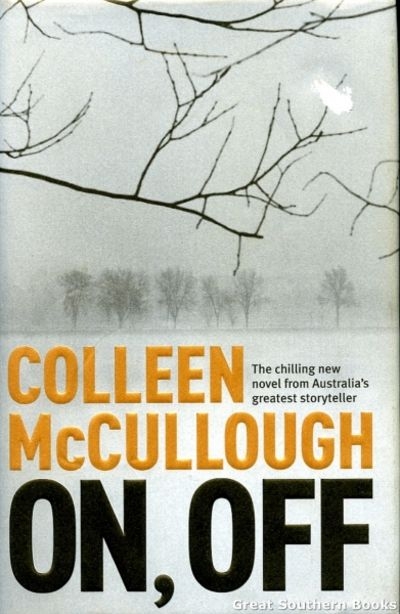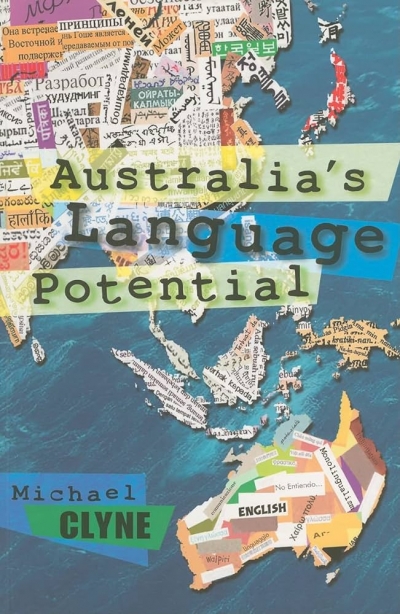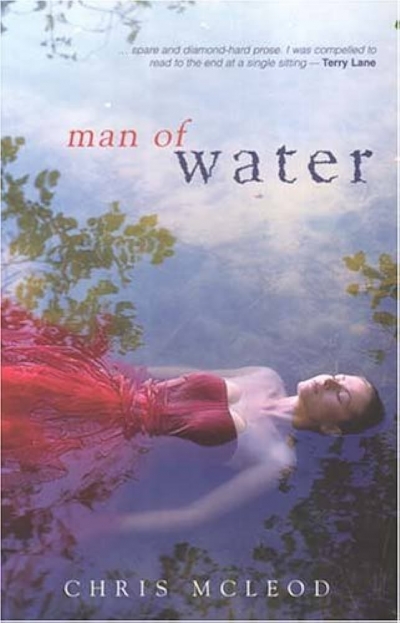Archive
To celebrate the best books of 2005 Australian Book Review invited contributors to nominate their favourite titles. Contributors include Morag Fraser, Peter Porter, Kerryn Goldsworthy, Nicholas Jose and Chris Wallace-Crabbe.
... (read more)Australia's Language Potential by Michael Clyne
by Bruce Moore •
The Last Explorer: Hubert Wilkins, Australia's unknown hero by Simon Nasht
by Paul de Serville •
Man of Water by Chris McLeod & Sunnyside by Joanna Murray-Smith
by Rachel Buchanan •
A Not-So-Distant Horror: Mass violence in East Timor by Joseph Nevins
by Richard Broinowski •
The Weather Makers by Tim Flannery & Living In The Hothouse by Ian Lowe
by Robyn Eckersley •








